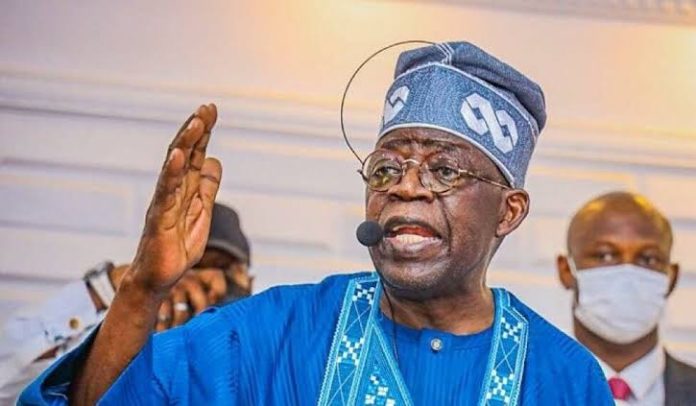Nigeria’s headline inflation has risen by as high as 7.48 percent in the last eight months of President Bola Ahmed Tinubu’s administration.
The National Bureau of Statistics (NBS) in its consumer price index (CPI) report released yesterday, said the nation’s headline inflation rate for January 2024 is 29.90 percent, this is 0.98 percent higher than the 28.92 percent it was in December 2023,
As at May 29, 2023, when the administration took over the reins of governance from the Buhari administration, the inflation rate was 22.41 percent, but by June inflation jumped to 22.79 percent following the announcement that fuel subsidy has been removed and it has risen consistently since then.
Experts had earlier predicted that inflation will hit 30 percent by December 2023, citing the impact of the removal of fuel subsidy and unification of the foreign exchange regime.
Though the figure did not hit 30 percent, it was only kept in check because of the cash scarcity that citizens experienced at the time.
The collapse of the naira at the foreign exchange market has seen prices of goods and services rising astronomically with food prices being the highest. As of January 2024, food inflation had risen to 35.4 percent on a year-on-year basis, which was 11 percent points higher than the 24.32 percent posted in January 2023.
This situation has created a food crisis in the country with millions of citizens at the risk of starvation.
Professor Godwin Oyedokun of Lead City University, said as long as Nigeria is not producing enough, inflation will continue to rise.
“We are a consuming nation and we are not even consuming right,” he said, adding that many things are passing through the informal sector which are not captured.
He said if government was interested in crashing the rising inflation, it must show seriousness and be deliberate about it.
Eze Onyekpere, a fiscal governance expert and Lead Director, Centre for Social Justice (CSJ), who spoke on a television programme on the rising food costs said corruption is the main cause of the food crisis in the country.
According to him, “Subsidizing agriculture has been on, but corruption has not allowed it to produce the required result. Look at the Anchor Borrowers Programme which was supposedly providing credit for farmers and Marching them with off takers so that it will be easy for them to farm, all we saw was that there were a lot of political farmers.”
Mr. Victor Aliko, a development economist said it appears some of the policy makers do not have a grip of what the problems are. In his words, “We can’t have certain persons who sit down somewhere taking decisions without understanding the real issues of the economy, they make policies in abstraction, leading to what we call policy incoherence, you have policies that are overlapping.
“What the people want to see is food on their table, they don’t care about the economic policies, they just want to see food on their tables.”


